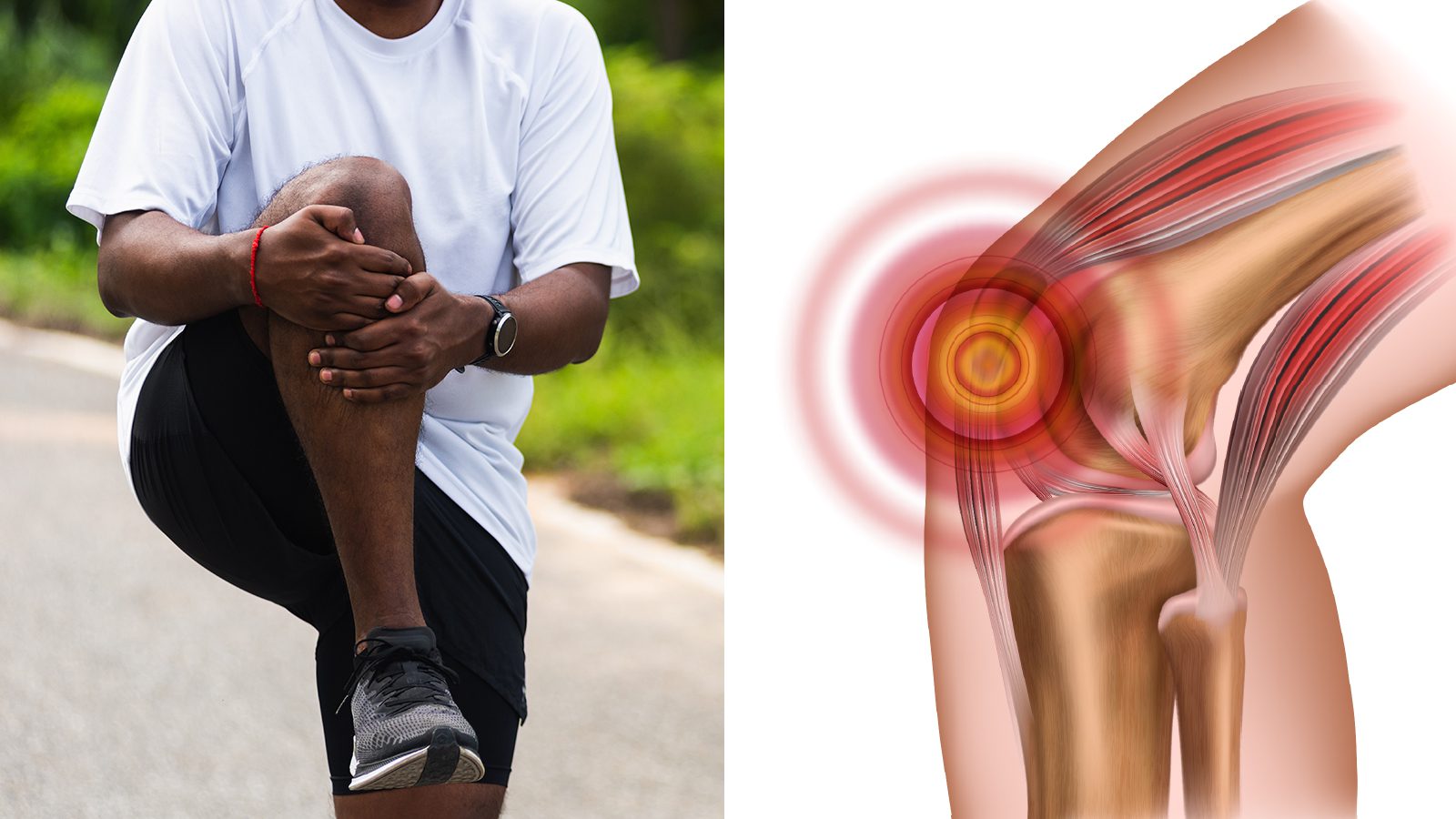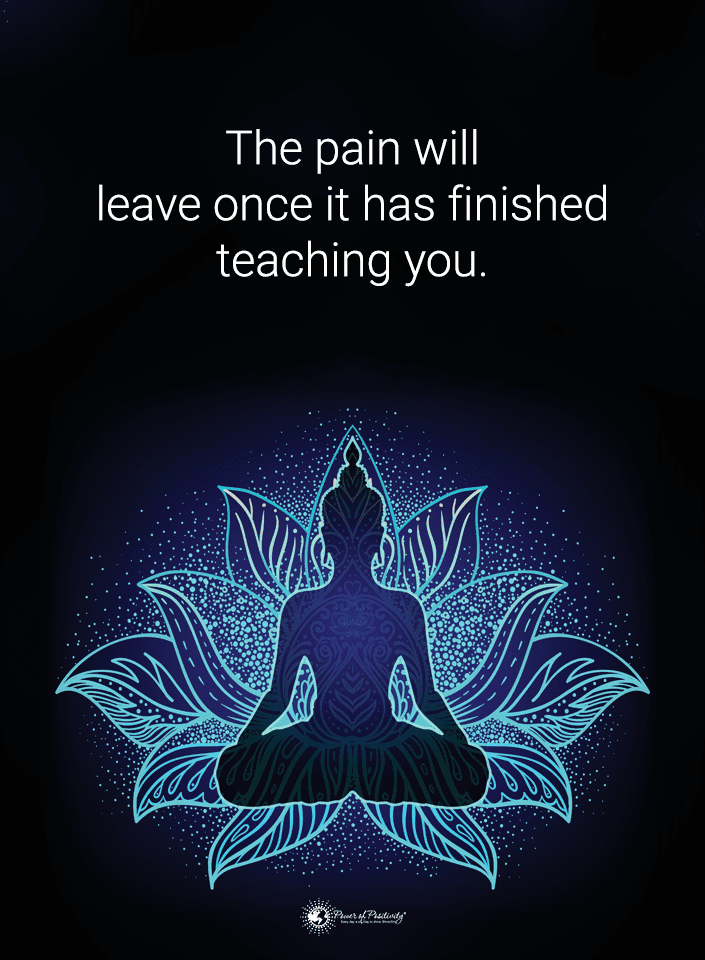Knee pain is something that most folks will deal with as they age. It comes from inflammation, arthritis, injury, muscular tissues, and general weakness from use. Mention exercise to someone with this pain, and they will likely pass.
Thankfully, seated exercises can have many therapeutic benefits for the severe pain associated with your knees. The good news is that studies find many significant knee exercise benefits.
Soon, you’ll see improvement in walking, climbing stairs, and your overall pain level within a short period. You can improve the knee joint function and strengthen those tired muscles in this region.
Ten Exercises to Relieve Knee Pain and Reduce Inflammation
Remember that it will take some time to strengthen this area and bring relief, but you can see some improvement by doing these exercises just three times a week.
1. Block Step-Up for Knee Pain
For this exercise, you will need a block or wedge to help you work on that knee pain. You’ll also work on your quadriceps and glutes, but it won’t cause your knees discomfort. Here’s how:
1. Place your block on the floor. Don’t use a big block as it will cause pain if it’s too high. A yoga block is usually best.
2. Place your left foot in the center of the block.
3. Engage the abdominal area by placing your hands on your hips.
4. Press your right heel into the floor, and you need to flex your quads while straightening the leg out.
5. Bend your left knee as you lower that foot to the floor. Make sure that your foot never leaves the block.
6. Do ten reps on the left side, then you should switch to the right.
2. Leg Raises
Did you know that doctors and therapists also use this exercise to test your mobility? According to the National Library of Medicine, it’s called the Lasegue test. During these movements, the doctor looks for lumbosacral nerve irritation. However, this movement can also strengthen this area. Here’s how:
1. Find a comfortable position to lie on the floor on your back.
2. Bend one knee and ensure your foot is flat on the floor.
3. The other leg needs to be straight out in front. This motion will allow you to engage your abdominal region as the lower part of your back is on the ground.
4. Flex your toes and bring them towards the lower part of your leg. If you’re doing this correctly, you should feel those quadriceps engage.
5. Gently lift your leg upwards while keeping those quadriceps connected.
6. Inhale deeply and lift the leg on the ground about twelve inches. Strive to hold this for five or ten seconds.
7. Now, switch legs and do the other side.
3. Adductor Leg Raises to Reduce Knee Pain
The adduct muscles are those around the femur at the hip joint. These are important as they’re directly affected by bad knees and inflammation. Here’s how:
1. Lie on the left side on the floor.
2. Like a leg lift, you want your legs to be on top of one another but staggered. The leg on the bottom should be back slightly from the one on top.
3. Stabilize yourself by pressing your palms to the floor.
4. Raise the bottom leg upwards as you exhale.
5. Now, inhale and bring that right leg back.
6. Strive to do ten reps on each side.
4. Lateral Walking
For this maneuver, you will need an exercise band. This move helps support your knee joints, all while strengthening those outer hip muscles.
You can do this exercise without the band, but the band provides extra support. Sorry, this isn’t one of the seated exercises, but it does help with that chronic knee pain. Here’s how:
1. Step into your exercise band and move it until it rests around your knee.
2. Stand tall and ensure your feet are spaced wider than your hips.
3. Make sure your toes point ahead as you engage those abdominal muscles.
4. Step to the right, tap your right toes halfway and ensure they meet your left foot.
5. If done correctly, you will feel a burning sensation in the outer hips that resist the band—no worries, as you’re working to reduce that inflammation and strengthen tender areas.
6. Now, move side-to-side using an alternating pattern.
7. You should strive for fifteen to twenty repetitions on each side.
5. Lying Leg Raises
The lying leg raise is good for hip or knee pain. It’s one of the seated exercises that work on inflammation and your core strength. Here’s how:
1. Lye on the ground with your left side on the floor.
2. Use your hand to support your head by placing your arm at a 90-degree angle.
3. Make sure your legs are stacked directly on top of one another and your feet.
4. Lift your right leg towards the ceiling, exhaling as you go.
5. Now, inhale and bring the leg back to the ground.
6. Do ten reps on the right side and switch to the left.
6. Donkey Kick
When you have knee pain, it affects your glutes, hips, and hamstring muscles. This maneuver is known to not only reduce your pain in the knee area but can also reduce inflammation and prevent it from occurring. Here’s how:
1. Start on the ground by getting on all fours.
2. Make sure your shoulders are slightly over your wrists, and your hips should be positioned over your knees.
3. Your hand is pressing firmly into the ground, and now you must spread your fingers wide apart. Tighten your abs to engage those core muscles.
4. Inhale deeply as you lift your left leg towards the ceiling.
5. As you lift, ensure your knee stays aligned with the left hips so that you’re square to the ground.
6. Now, kick out sideways with your right leg ensuring you squeeze your quads.
7. Bring your right leg down and switch to the left leg.
8. Strive to do eight reps per side.
7. Donkey Kickbacks
While it’s not exactly one of the seated exercises, you’re not going to feel knee pain as you’re not putting weight on it. This is a great maneuver to help with inflammation and arthritic pain. Here’s how:
1. Start in the tabletop position, which is all four on the floor.
2. Make sure your shoulders are slightly over your wrists, and if you’re in the proper position, your hips should be over your knees.
3. Your hand should be flat on the floor with your fingers wide.
4. Lift your left leg to the backside, and ensure you engage your abs as you lift.
5. If done correctly, your left ankle will perfectly align with your left hip. Now, flex your foot.
6. Exhale and bend your knee until it reaches a 90-degree angle, and you should inhale when you straighten it back out.
7. Strive to raise the left leg for ten reps, then lower it on the ground and work the other side.
8. Quad Sets (One of The Recommended Seated Exercises)
Did you know quad sets are used in knee and hip rehabilitation? Physical therapists rely heavily on this movement to help work these core muscles and reduce pain. Here’s how:
1. Find a comfortable place on the floor to sit.
2. Take your left leg and straighten it out in front of you.
3. Bring your knee up until your leg is at a 90-degree angle and your foot is flat on the floor.
4. Flex the left foot while the rear side of your knee moves towards the ground. If you’re doing this correctly, you should feel your quads engaging. Hold the position for five to ten seconds, then release for another five or ten seconds.
5. Strive to do ten reps on the left, and then you should switch and do ten reps on the right.
9. Lying Leg Curls
You can do leg curls in many ways, but it’s always better to choose seated exercises when dealing with knee pain. Here’s how:
1. Lie on the ground facing downward. Prop up your upperbody with your elbows and forearm.
2. Slowly curl your left leg towards the ceiling.
3. With the left leg still in the air, bend your knee in this suspension till it reaches 90 degrees.
4. As you inhale, straighten the left leg back out. Inhale and bend the knee again till it makes that sharp angle.
5. Do ten reps on the left side, then switch to the right side.
10. Leg Extensions
The leg extension done in the supine position is used for mobility. It effectively works the ankles, calves, and hamstring muscles, which all directly impact the knee muscles. Here’s how:
1. Start by lying flat on the ground. Ensure your lower back is touching the floor, as this will engage your abdominal muscles.
2. Raise one leg upwards towards the ceiling. At the same time, flex the foot on this leg so that you engage your quadriceps.
3. Move your toes back and forth, so your shin can feel the burn.
4. Now, inhale deeply and slightly bend the leg that’s straight until you reach a 90-degree angle.
5. Exhale slowly and straighten your leg back out. Make sure you’re flexing those quadriceps the entire time.
6. Do ten reps on one side and switch to the other.
Final Thoughts on Relieving Inflammation and Knee Pain
Don’t be overwhelmed by this list, as there may be some exercises you cannot do. Find the ones you can do and work on those first, but you can slowly move up from the seated exercises into more challenging ones.
Everyone is at different levels with their knee pain, but the most important thing is ensuring you’re working the area. Many of these maneuvers improve knee pain and your overall lower body strength. Starting today can bring you some quick relief to the inflammation in your knees.



















